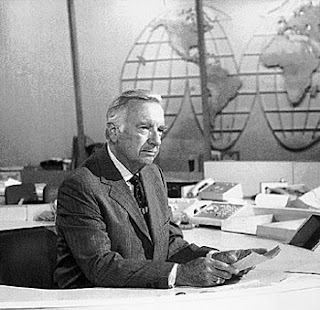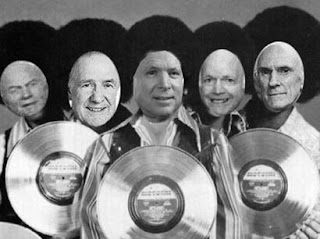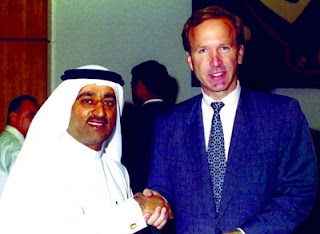
Some tell me to get over it. The media is out to make money just like any other corporation.
But, the Media is Not Like any Other Corporation
You and I own the airwaves.... We do not own any patents or oil. But, we do, collectively own the air waves.
This is the reason that news, was once regulated, and could be again if corporations didn't own too many American politicians. The FCC is charged with insuring that the "public" airwaves show only what's appropriate....

The same media that yells and screams about how we are losing our freedoms is at the same time happily internalizing the rewards and profits of using the public airwaves to dupe the public!
Is this what you want? Just because it has happened doesn't mean you have to allow it to continue.
The FCC
issues licenses and
coordinates telecommunications policy efforts with industry and with other governmental agencies — federal, tribal, state and local — in serving the public interest.
In exchange for those licenses, they used to require some period of time each day that was for truth, rather than profit.
Isn't it in the interest of a democracy to have some period of truth available each day.
If all the media is free to tell whatever lies they chose to tell, how can the public ever know who to vote for?

I am not ready to give it up to the corporations just yet. I would like to see the American public make some demands in exchange for using the airwaves and in exchange for having their vote as they have done in Europe.
Sherman Anti-trust Laws
There are laws to allow competition and to give a fighting chance to the little guy. Are you writing to your Congressmen and Senators to enforce the anti-trust laws?
Since we're talking about the media, the ownership of media outlets (tv stations, radio stations, newspapers and magazines) used to be regulated so that there could not be a concentration if a few hands. In Italy, one man just bought up most of the outlets and then tried to get himself elected "God".
In the US, there were hundreds of owners of TV stations, with many local owners. Now, there are 7 corporate o
 wners I believe.
wners I believe.The internet is, right now, free. But, now that corps can put unlimited funds into politicians' reelection efforts, how long do you think the FCC (the only control we have) is going to p
 rotect the freedom of the internet?
rotect the freedom of the internet?Bectel owns all the water rights in Iraq.
As Steve Pavlina says, "I am here to wake you up."









